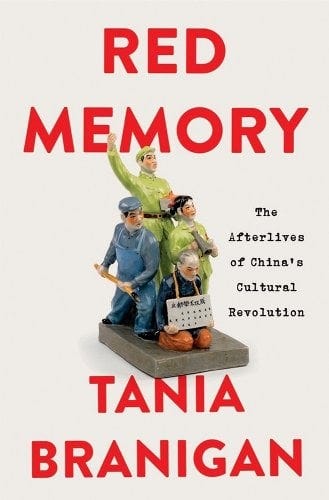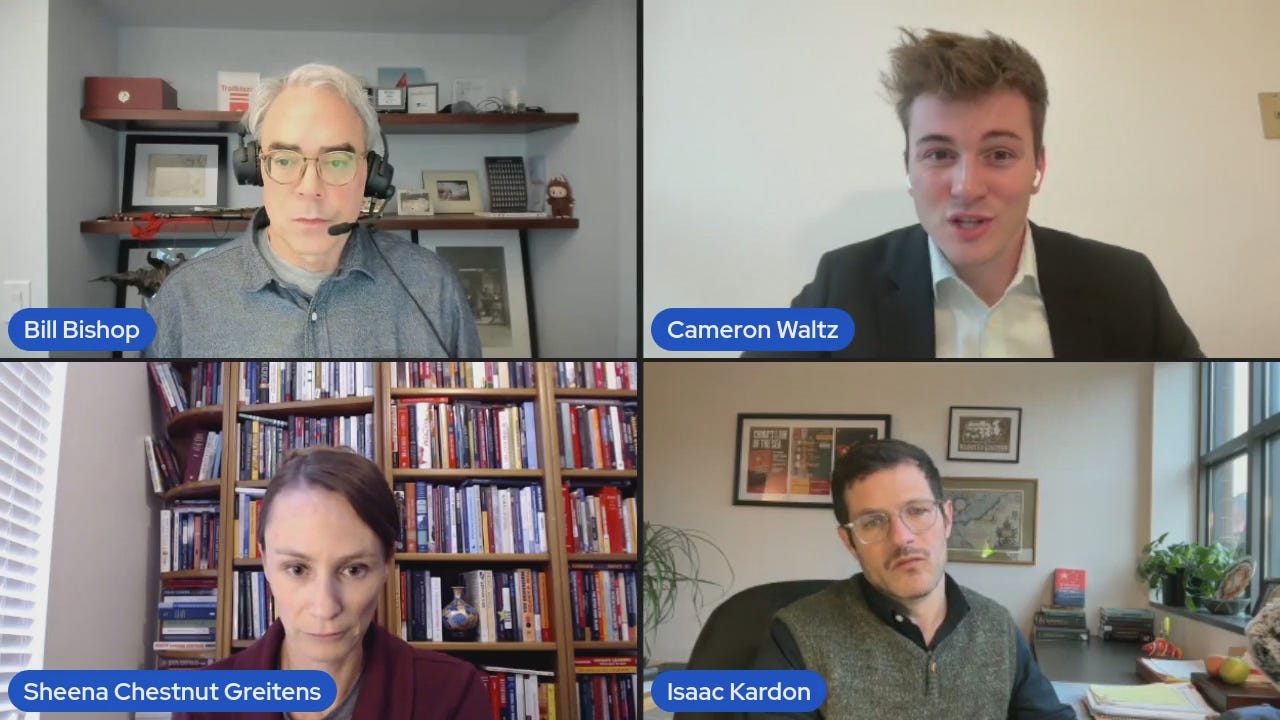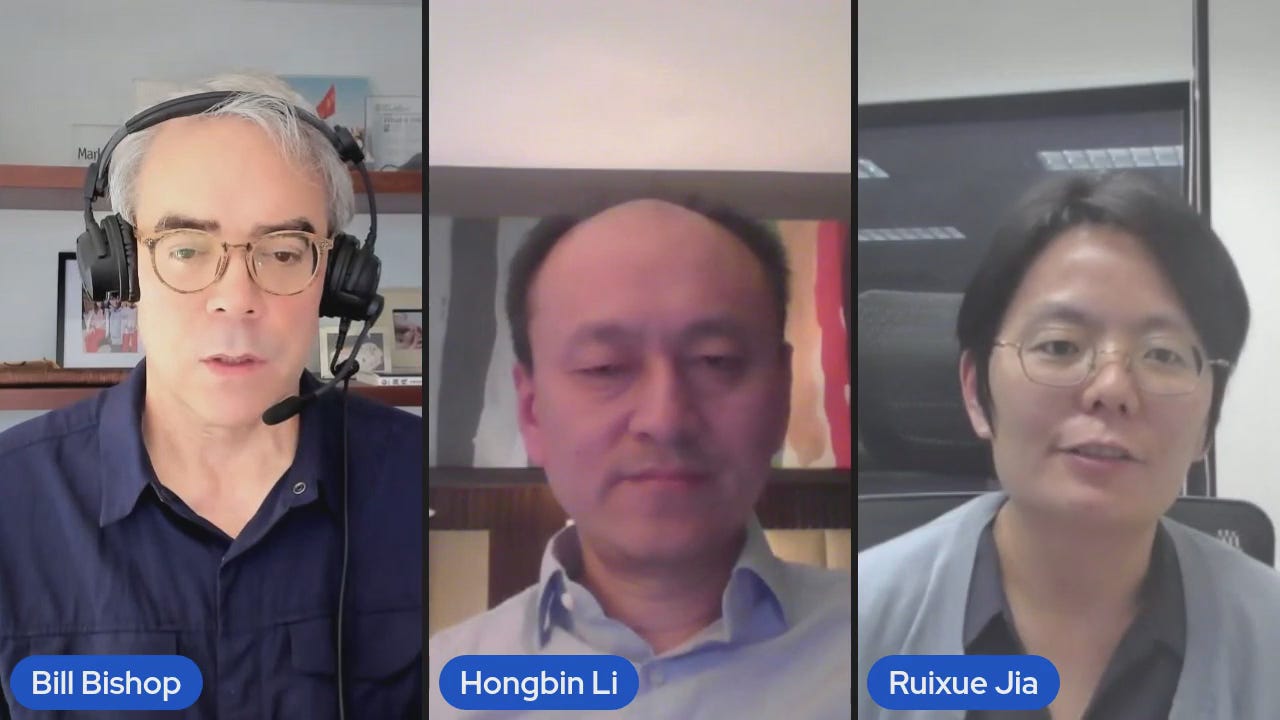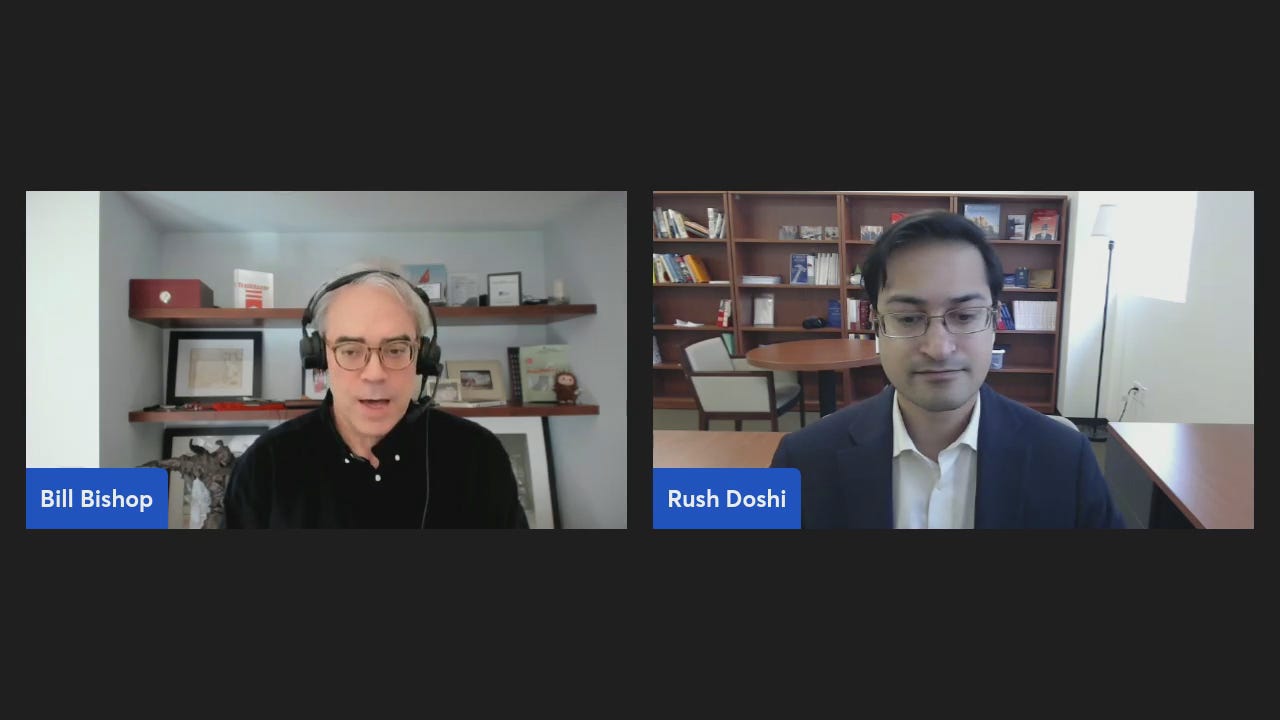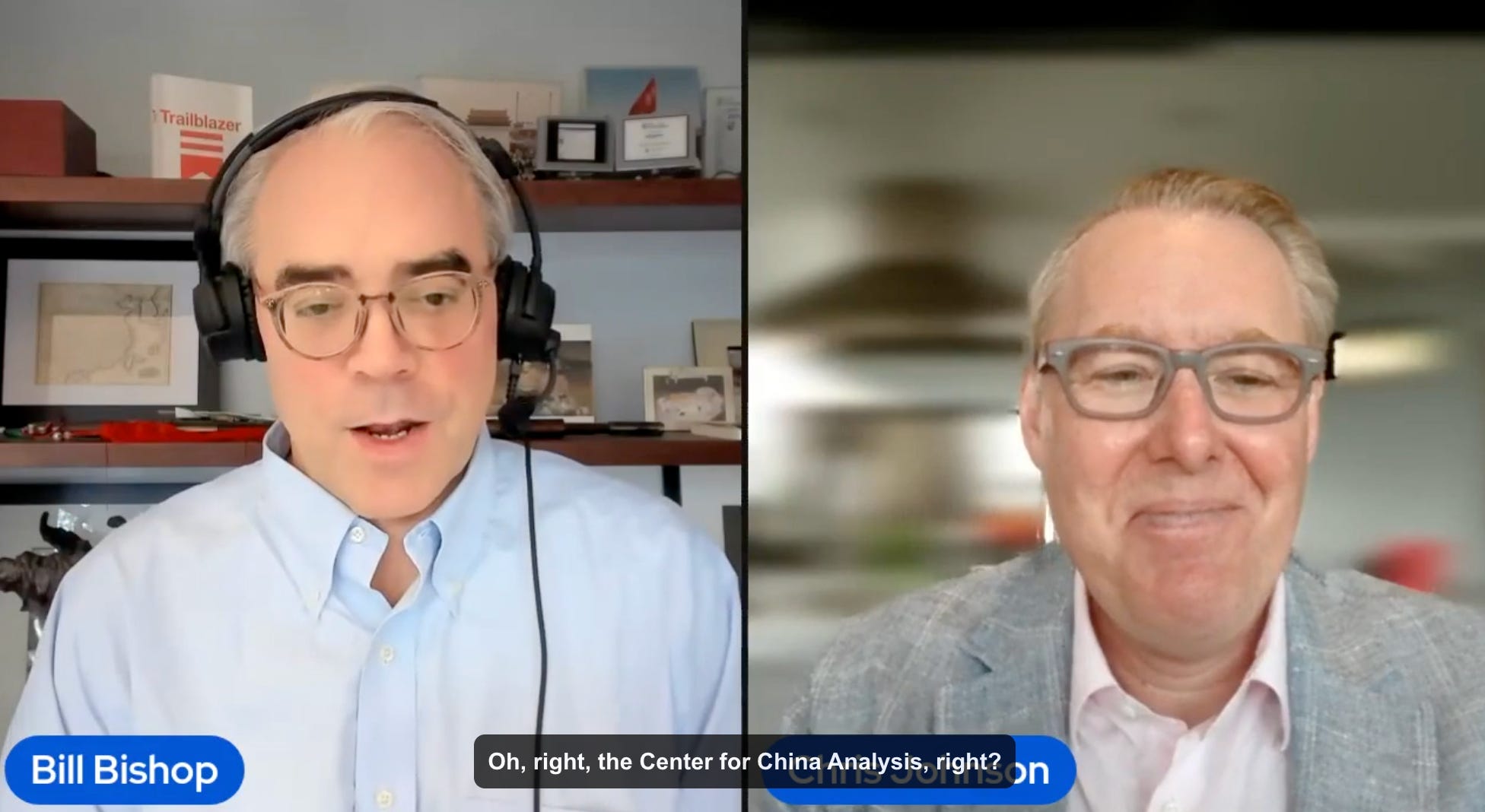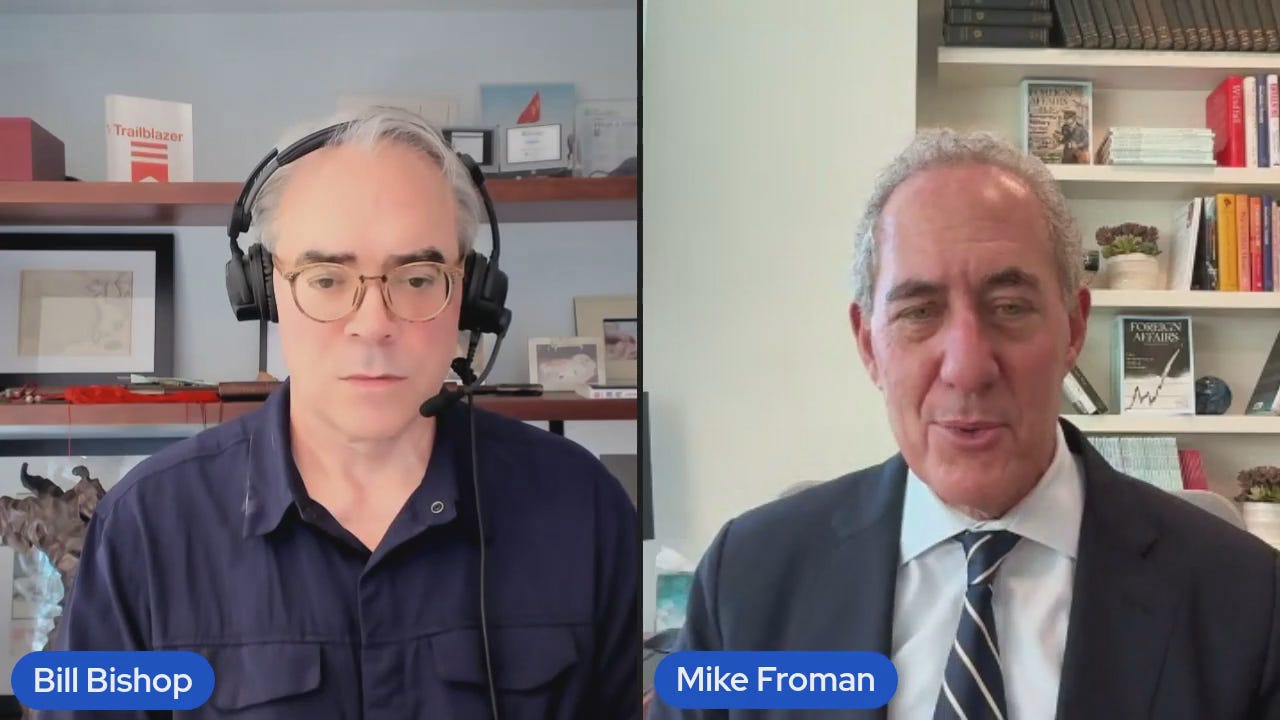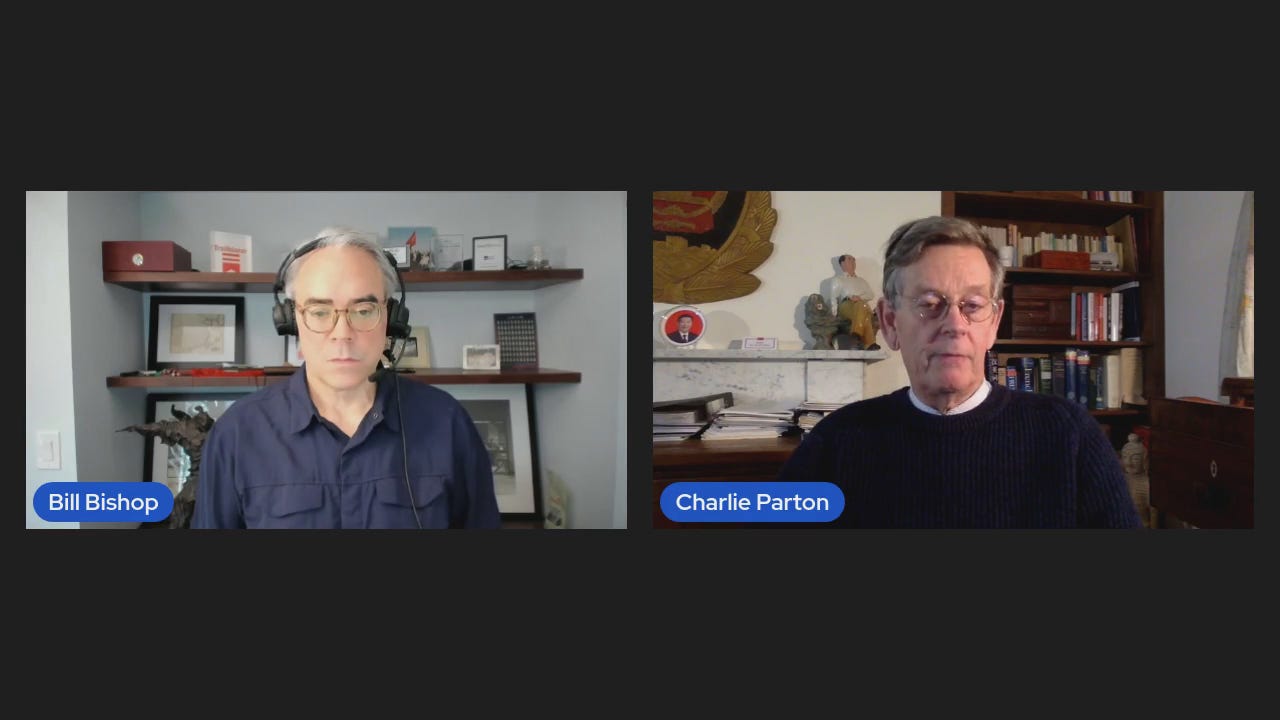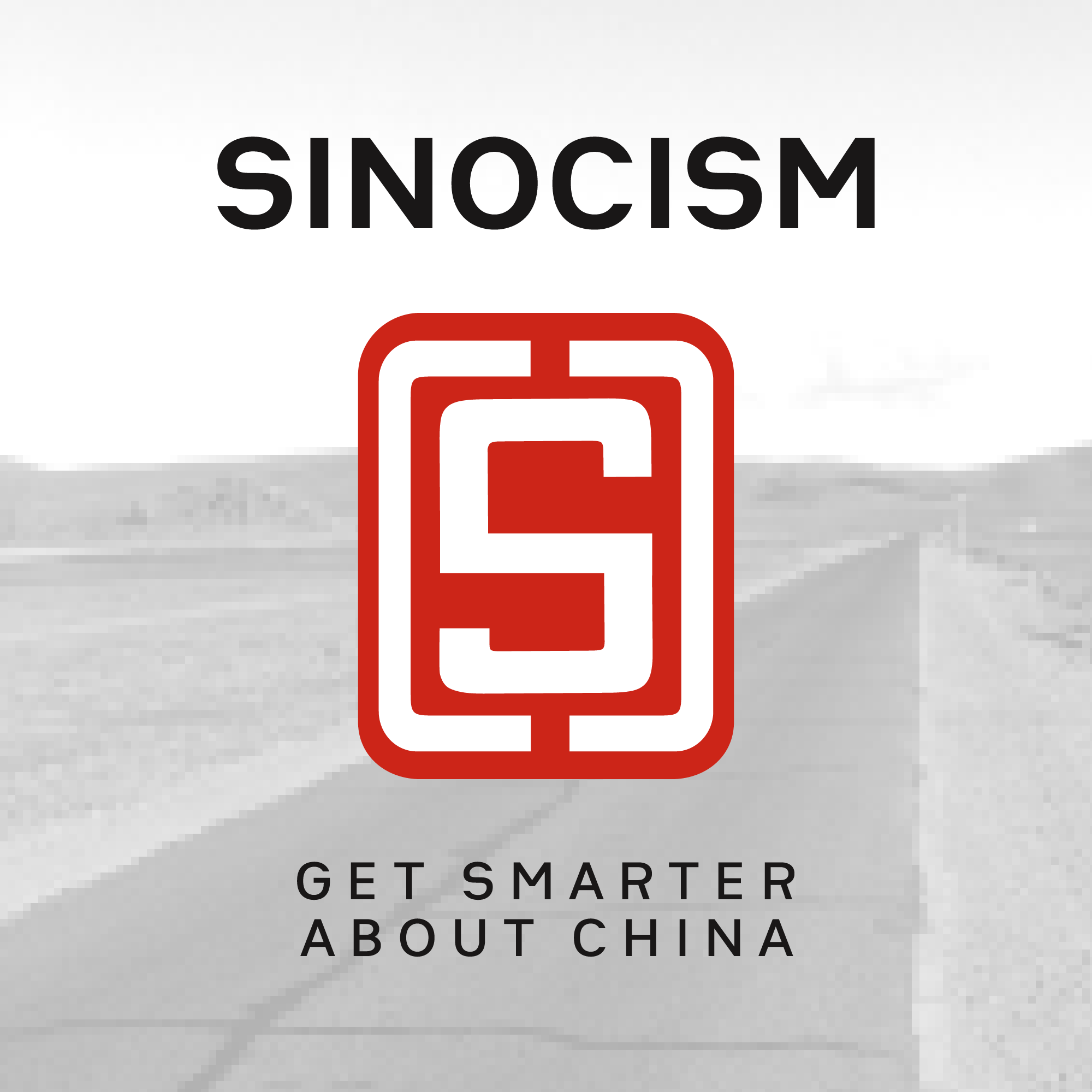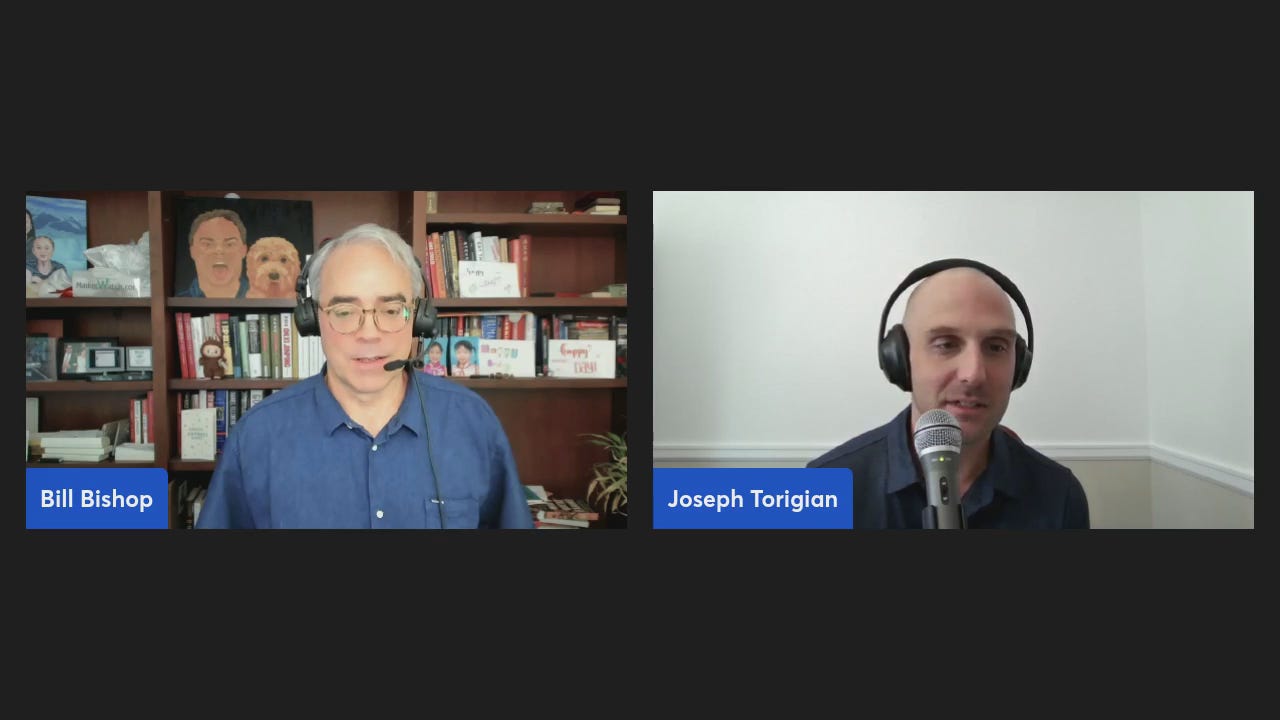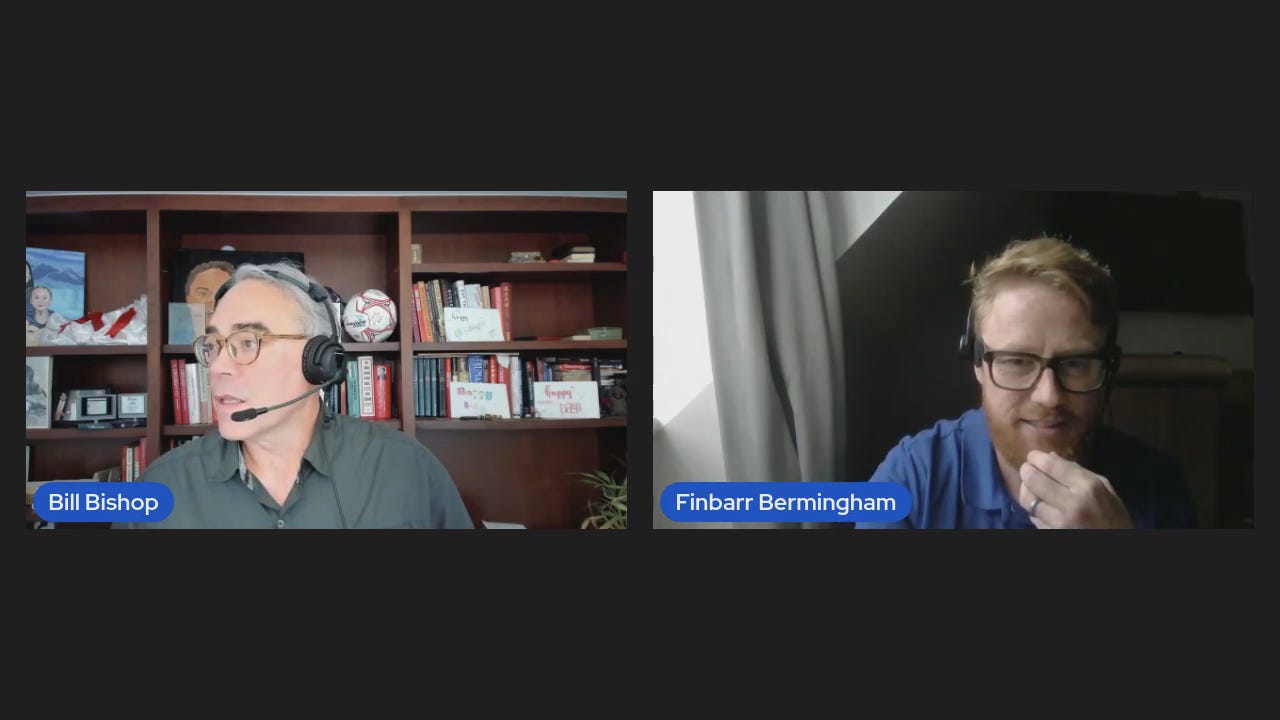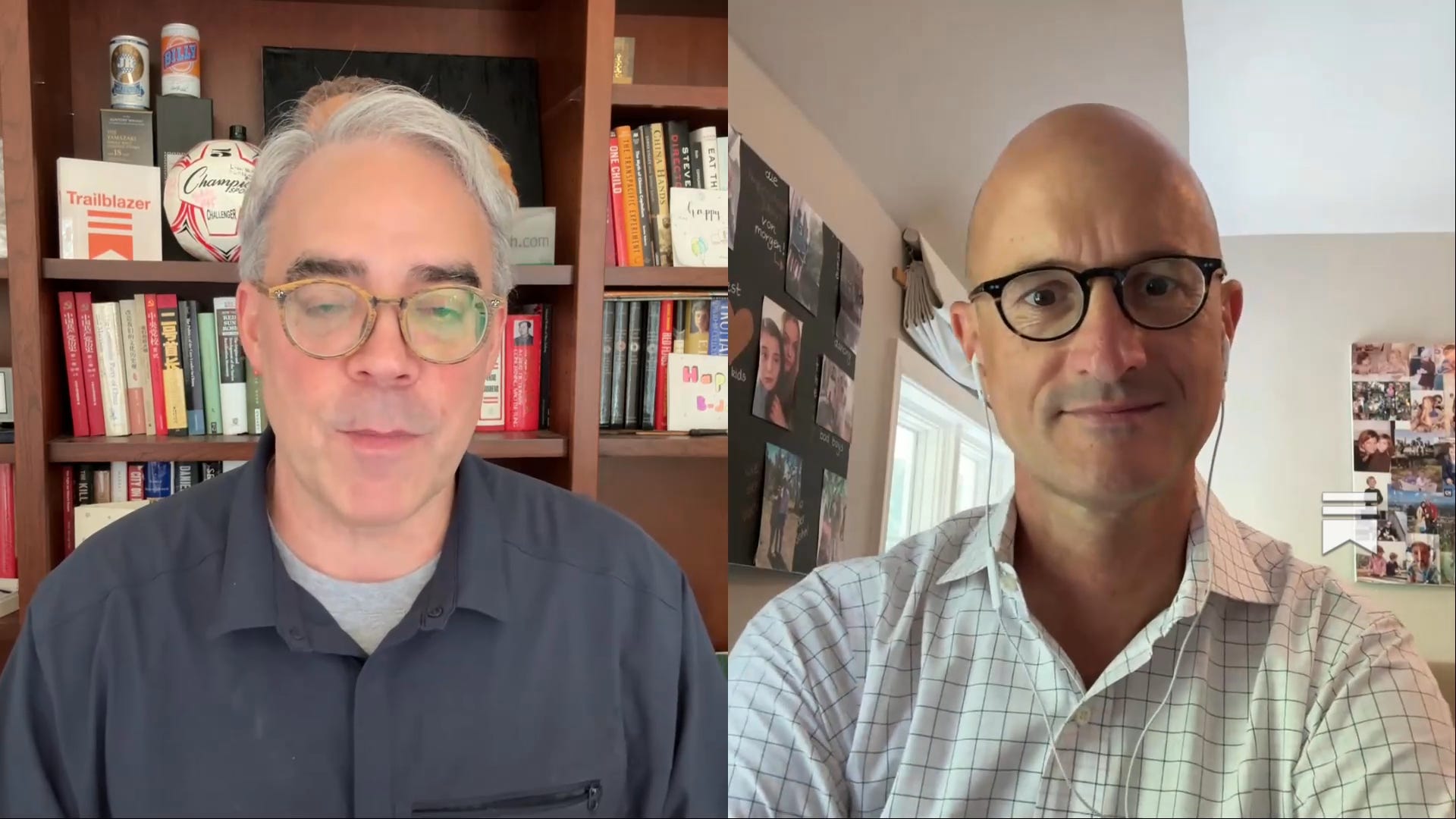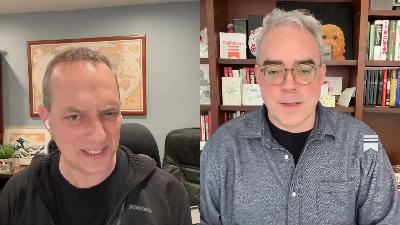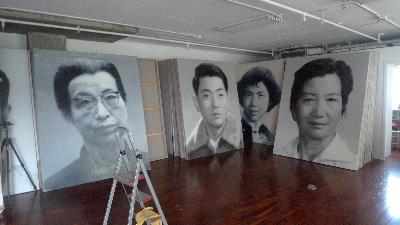An excerpt from Tania Branigan's Red Memory: The Afterlives of China's Cultural Revolution
Description
It is my pleasure to be able to run an excerpt from Tania Branigan’s excellent new book “Red Memory: The Afterlives of China's Cultural Revolution”. Tania has also kindly recorded herself reading this chapter, so you can listen to it if you prefer.
Tania writes editorials for the Guardian and spent seven years as its China correspondent, reporting on politics, the economy, and social changes. we overlapped in Beijing and became friends.
We also recorded a podcast about the book which you can listen to here.
You can purchase the book on bookshop.org or on Amazon. The audio edition will be available from Tantor starting 7/11/23 wherever audiobooks are sold.
Begin excerpt:
Chapter 5
Chongqing saw some of the era’s fiercest fighting, with the rift between Red Guards descending into warfare. The Kuomintang had made it their capital while battling the Japanese occupation, and it was home to multiple munitions plants; when armed struggles broke out in 1967, the military backed one side and helped its fighters seize what they needed. The factions battled with grenades, machine guns, napalm, tanks and ships upon the river – everything except planes, a resident recalled.
They executed in cold blood too: even the injured, even the pregnant. Tens of thousands fled the city and at least twelve hundred people died, though the true toll was probably much higher. Some were caught in the violence by chance, like the eight-year-old killed by a ricocheting bullet as he played on the street. The others were not so much older, and you could blame chance there too, even if they saw themselves as soldiers. They never thought it would be so serious, that people would die, that so many would die. By the time they saw their friends fall they’d been battling for hours. They were numb; none of it seemed possible. Had it really happened at all?
Shapingba Park held the proof. More than five hundred of the victims, mostly teenagers, were buried here, at a Red Guard cemetery hidden on one edge of the site, behind a grove of trees. It was the only Cultural Revolution site in the country to be recognised as a national heritage spot. But a mossy wall surrounded the plot and the public were not allowed in any more. I had come before, and stared through the chained gates. Though the cemetery was only half a century old, it reminded me of the Civil War graveyards I had seen in the American South, crumbling and overgrown. Luxuriant greenery crawled over marble monuments, immense and once stark white but now lichened and grey. Stone torches topped great pillars and obelisks, carved with red stars and Maoist slogans and the number 815. It was the rebel faction the dead had belonged to, named for a critical date in its inception in 1966.
‘People began to die on 1 July 1967. On the tenth, I was put in charge of the bodies,’ Zheng Zhisheng recalled. He ran a chemicals business in the city, but back then he had been a student, and they had called him the Corpse Master. He was peering through thick tortoiseshell glasses that still bore the maker’s sticker. Two more dusty pairs lay on his desk, jumbled with books, newspapers, a giant magnifying glass and two lidded porcelain cups. He delved for a photograph. ‘This is October 1967. Twenty-seven people – twenty-seven corpses.’ Most of the faces were turned away from the camera. One mouth gaped so wide it could swallow the viewer.
‘I had seen dead bodies when I was young. But I’d never had to handle them. I was a model student, and the faction leader thought I was a helpful person and not afraid of hard work. And also,’ he added, after a moment’s thought, ‘I’d opposed him at the beginning. So he thought of me and put me in charge. I was forced to do it. I put make-up, and an armband, and a Mao badge, on each one. At the start I was afraid of the dirty work. I had to wash the dead bodies and I used soap to wash my hands all the time. Afterwards I didn’t mind about that. The second thing was the smell. The dead bodies stank and I wanted to throw up. The third thing was ghosts – I thought ghosts were terrifying. Although I was an atheist, China had these traditional ideas, and so I was afraid.’
He foraged for another handful of photographs and showed me a bobbed, full-cheeked young girl. ‘She was the first I dealt with. We used formaldehyde. She went to help the injured on the battlefield and when she stood up she was shot dead. She was sixteen.’ He reached for another. ‘This one is from the university – people were buried there too, but the monument was destroyed later. Now it’s all flower beds.’ He replaced the pictures amid the clutter.
‘I felt they were martyrs and it was a waste for them to die so young. After people in our faction died we treated the others as enemies and hated them. So when we captured them, some of them were stoned until they were unconscious. Then they were sent to hospital. Afterwards we moved them to another hospital – but that was just an excuse. On the way we beat them to death; that’s why we ended up in prison. Back then we hated the Fandaodi faction but now I think both factions were cheated. They were all innocent. They were all victims.’
The Fandaodi prisoners, already injured, had been battered with rifle stocks. By him?‘No, no.’ He shook his head. ‘It was two other people.’
You ordered them to do it, I’d heard?
‘Yes.’ He was concise, not curt. ‘I didn’t feel any sadness: I just wanted to take revenge. The other faction had killed our martyrs. I didn’t know them – it was factional.’
Zheng and others had been jailed for years for their role in the armed conflict. After release he wanted to search for the victims’ families and make amends, or try to. But someone warned him that the parents might sue, and he gave the idea up. ‘It’s a lifelong nightmare. It’s very traumatic. I have nightmares that I’m still in prison. Afterwards I tried to work hard and to reconcile myself with what I had done. I tried to do good things, and when I stumbled I stood up and carried on. I cried many times.’
But the lessons he had learned were priceless, he insisted, though he struggled to define them. A slight sigh escaped him, as if he was hoping I might abandon the subject. ‘It can’t be described in a few words. For foreigners, looking at the Cultural Revolution is like reading a difficult book. It’s really hard to understand. Even young people don’t have an interest.’
He was afraid of what might happen if people did not face up to the past and that later generations might echo the mistakes his had made. It was not a repeat of the Cultural Revolution itself he feared – history had progressed, he said. So what was it?
‘Turmoil.’ He stopped there, considering.
‘For example, with the Tiananmen Square incident – I actually wrote to my son, because he was at university. Because I had that turbulent past, I didn’t let him join them. The students were patriotic. They wanted to fight against corruption. But they were being used by bad guys.’ It took me a moment to understand. He spelled it out: ‘They were manipulated by people like Fang Lizhi, Wu’er Kaixi and Wang Dan, who were pursuing Western large-scale democracy. We can only be led by the Communist Party. We can’t have big democracy like the Americans. It can only bring turbulence and chaos. We had more than two thousand years of feudalism; America started with two parties and democracy. Foreigners can’t understand China; they can’t understand China’s past. Corruption is caused not by one-party rule but by who has checks on the leadership. We can’t get rid of the Party’s rule – impossible. We don’t need any turbulence and chaos.’
It was a common view in China, even among relative liberals. The country was not ready to be free; though how it might ever become so, if not allowed to evolve, was never explained. For Zheng, individual caprice and disobedience, pride and egotism had produced this disaster. Stability and the common good were all.
Those at the top, such as Deng and Xi’s father, had been forced into a reckoning too. They had suffered, and watched the torment of loved ones. They had lost their oldest friends and their glorious dream of a better, happier China. When they reclaimed power, they did all they could to prevent another disaster. For their own sake, and that of the masses, they committed themselves to stability. They determined that never again would a strongman ride roughshod over his peers, his country and the people. Though Deng would dominate until his death, they did their best to institutionalise and, especially, collectivise rule. After the protests of 1989, which were fuelled by obvious divides in the leadership, the determination to avoid public splits was absolute. It is not hard to imagine the emotions engendered by millions of young people massing in Tiananmen Square again: the cold instinct for survival, the ruthlessness born of the revolution, for which they had already sacrificed so much – but, too, the visceral fear of where it could all lead.
The Party adopted unwritten rules to ensure that no one outstayed their welcome, limiting top leaders to two five-year terms and setting a retirement age. Even misdemeanours were handled in line with an unofficial code: members of the politburo might be purged for corruption, but the most senior figures of all – the Politburo Standing Committee – were untouchable, as were their families. You survived and thrived by cultivating patrons and your wider networks. The

